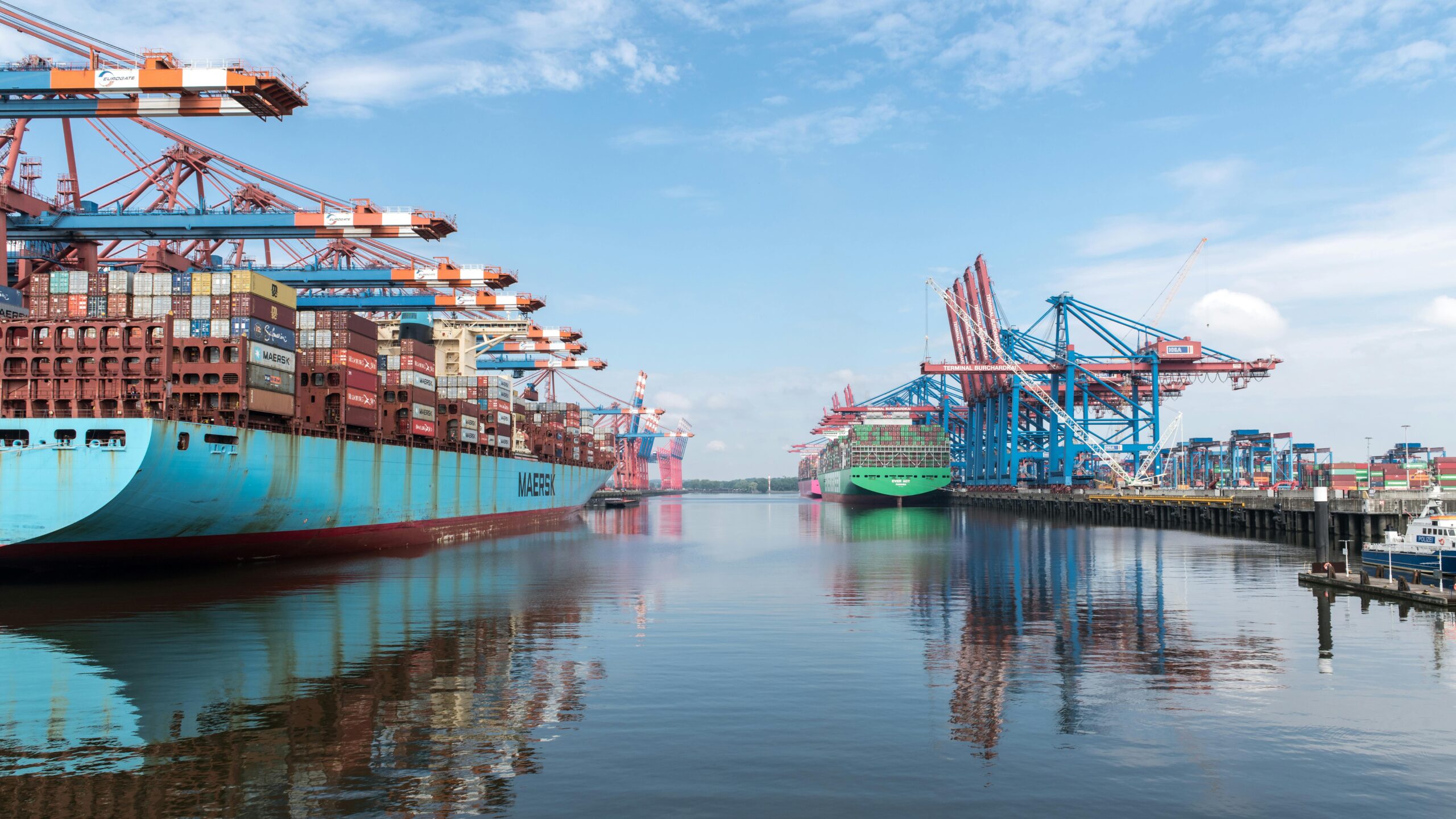
The continued, and escalating, trade war between the United States and China is doing far more than just rattling American businesses. New policy measures paired with historic high tariffs have compounded these supply chain challenges unlike what we’ve experienced since before the pandemic. Stephen Lamar, CEO of the American Apparel and Footwear Association, stated that the uncertainty is forcing companies to cancel orders. Almost half are even dropping their orders completely from China. Logistics are getting more complex by the day. To combat the tariffs, the majority of domestic industries exporting containers have ceased exporting containers to the U.S.
The ramifications of the tariffs are profound. Lamar lamented how the inflated import rates from China are creating an enormous fiscal burden on our small businesses. These companies just do not have the bandwidth to absorb that expense. More and more companies are finding it impossible to plan for unpredictable tariff expenses. Such regulatory uncertainty risks doing irreparable harm in the furniture, toy, apparel, footwear, and sports equipment industries among others. With no end to the trade war in sight, most experts and industry insiders are worried that the worst will be irreversible.
Disrupted Supply Chains and Canceled Orders
One red-hot sign of the trade war’s effects can be found in the logistics industry, where sudden and canceled freight orders have become the norm. “With prohibitively high tariff levels on U.S. imports from China, many companies have no choice but to cancel orders,” Lamar stated. The unpredictability linked with tariff rates has created a very difficult situation for many of America’s businesses. They are unable to price in advance until items come into port.
Lamar underscored that the “whipsawing” of tariff rates is a major factor contributing to making new costs non-transparent. This lack of predictability leads to outlandish bills that few small businesses are able to afford. Consequently, they are put in the position of having to make painful choices about their supply chains and how they manage their inventory.
Here’s what Alan Murphy, founder and CEO of Sea-Intelligence had to say about it. U.S. importers have stopped all orders from Chinese furniture manufacturers, he stated. “We’re hearing the same across toys, apparel, footwear, and sports equipment,” Murphy noted. These cancellations have systematic ripple effects across numerous industries. They are spurring timely calls to reassess existing trade policies.
Moving Production Away from China
In light of the trade war’s uncertainties, there is a concerted effort among businesses to relocate production to Southeast Asia, primarily Vietnam and India. Murphy said that his firm has spoken with most Chinese-based producers. More surprisingly, not one of them has any plans to move production back to the U.S. The confusion surrounding the Trump administration’s ultimate goals only adds to this trend.
“The biggest concern here is a complete uncertainty of the actual end-game of the Trump administration,” said Lamar. That uncertainty makes it difficult for companies to make heavy investments in U.S. manufacturing facilities. “No one will consider massive investments in U.S. production if tariffs are merely a ploy to negotiate better trade deals,” he added.
Furthermore, though popular technology products like iPhones and PCs have been temporarily exempted from recent tariffs, other sectors are still at risk. “Higher-margin and more technical goods, such as electronics, machinery, medical equipment, and pharmaceuticals cannot easily move sourcing,” Murphy stated. The intricacy involved in establishing new manufacturing processes adds another layer of difficulty for the companies going through these choppy waters.
In particular, the logistics landscape is right now experiencing a massive restructuring as a result of the declining bookings linked with the tariffs. Integrated logistics colossus Maersk has sent up a flare. They expect unprecedented instability in liner services to North America as a consequence. As shippers deal with new cancellations and abandonment of freight, port officials still frequently don’t know when cargo is abandoned.
Under the New York Terminal Conference Agreement, cargo that dwells in terminals for more than 30 days is deemed abandoned. In these instances, the cargo risks being sold to pay for incurred demurrage fees. This practice illustrates the growing compliance burden that companies are coping with during this extended trade war.
Lamar pressed for an extension of the trade war pause on U.S. tariffs on Chinese imports. That urgency was particularly clear with the ever-changing landscape of the tariff situation. “An extension is needed now before the damage is irreversible,” he remarked. Industries across all sectors—including technology and agriculture—are calling for transparency and stability in our country’s trade policies. They want to know how to do it well.
What The Author Thinks
The ongoing trade war and its associated tariffs have put many American businesses in a precarious position. As the uncertainty around tariff rates grows, companies are being forced to make difficult decisions that could have long-lasting effects on their operations and the broader economy. These unpredictable trade policies are not only complicating supply chains but also pushing businesses to relocate production to countries with more stable conditions. Until the administration can provide clearer guidelines and greater stability, the damage to American businesses may become irreversible.
Featured image credit: Wolfgang Weiser via Pexels
Follow us for more breaking news on DMR
